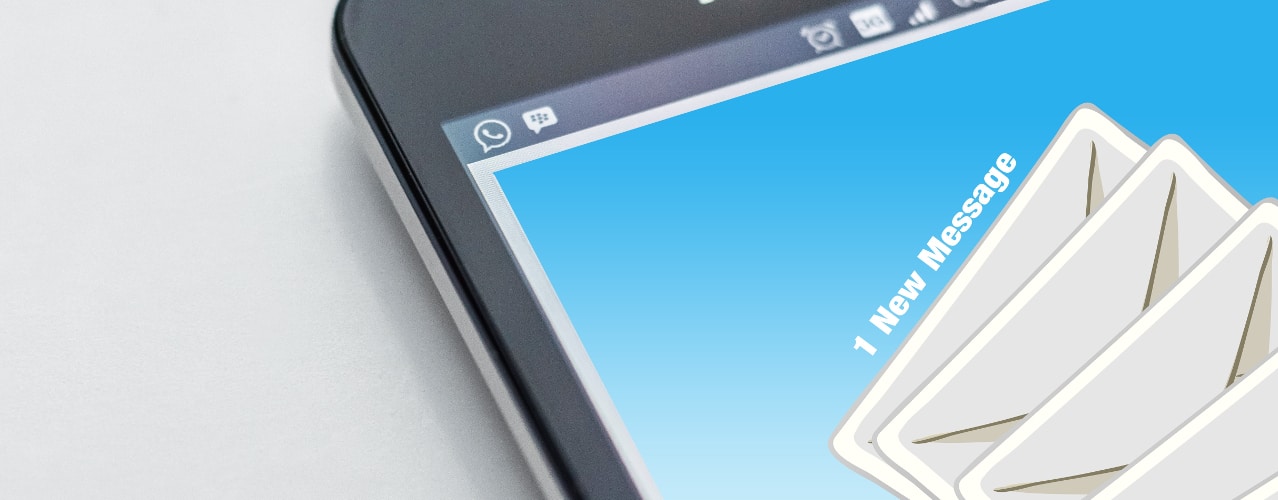Useful ways to increase data security
Cybersecurity is on the rise, and as it is progressing at a huge speed, improvements in technologies are becoming better for both protecting our data, and for hackers and cyber-criminals to exploit it as well. For business organizations, this means a constant increasing in threats of cyber attacks towards them. Increased security measures are not just a for protecting data, but for protecting the infrastructure of the business as well.











Comments ()